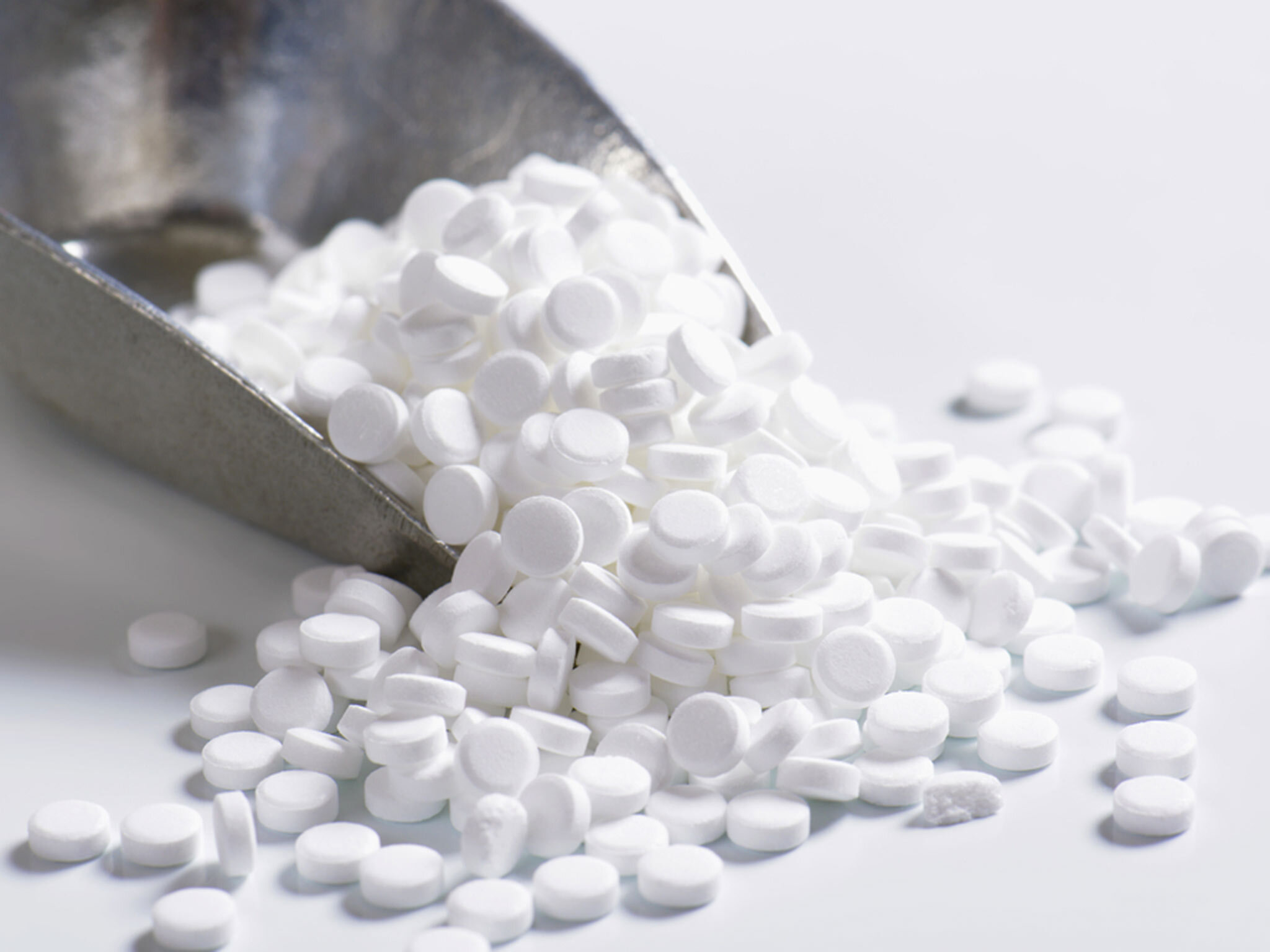
Are artificial sweeteners safe? This question pops up often, especially with so many sugar substitutes on the market. From diet sodas to sugar-free candies, these sweeteners are everywhere. Some people swear by them for weight loss or managing diabetes, while others worry about potential health risks. Artificial sweeteners like aspartame, saccharin, and sucralose have been studied extensively. The FDA and other health organizations have approved them, but debates continue. Understanding the facts can help you make informed choices. Let's dive into 26 key facts about these sugar substitutes, their benefits, and any possible downsides.
What Are Artificial Sweeteners?
Artificial sweeteners are synthetic sugar substitutes. They are often much sweeter than sugar but contain fewer calories. These sweeteners are commonly used in various food and drink products.
- Aspartame is one of the most popular artificial sweeteners. It is about 200 times sweeter than sugar.
- Sucralose, known by the brand name Splenda, is 600 times sweeter than sugar.
- Saccharin, one of the oldest artificial sweeteners, is 300 to 400 times sweeter than sugar.
- Stevia, derived from the leaves of the Stevia plant, is a natural sweetener but often categorized with artificial ones due to its intense sweetness.
How Do Artificial Sweeteners Work?
These sweeteners trick your taste buds into thinking you are consuming sugar. They bind to sweet receptors on your tongue, sending signals to your brain that you are eating something sweet.
- Unlike sugar, artificial sweeteners do not cause a spike in blood glucose levels.
- They are not fully absorbed by the body, which is why they have fewer calories.
- Some sweeteners, like aspartame, break down into amino acids and are metabolized by the body.
- Others, such as sucralose, pass through the digestive system without being broken down.
Are Artificial Sweeteners Safe?
Safety is a common concern. Regulatory bodies like the FDA and EFSA have approved several artificial sweeteners for consumption.
- Aspartame has been extensively studied and deemed safe by over 100 regulatory agencies worldwide.
- Sucralose has been approved by the FDA since 1998.
- Saccharin was once thought to cause cancer, but later studies disproved this, leading to its approval.
- Stevia is generally recognized as safe (GRAS) by the FDA.
Benefits of Using Artificial Sweeteners
Many people use these sweeteners to reduce calorie intake and manage weight.
- They can help people with diabetes manage their blood sugar levels.
- Using artificial sweeteners can reduce the risk of tooth decay.
- They are often used in weight loss programs to cut down on calorie consumption.
- Some studies suggest they may help reduce overall sugar intake.
Potential Downsides of Artificial Sweeteners
Despite their benefits, there are some potential downsides to consider.
- Some people may experience digestive issues like bloating and gas.
- There is ongoing debate about whether they can lead to increased cravings for sweet foods.
- Some studies suggest a possible link between artificial sweeteners and metabolic syndrome.
- Overconsumption may lead to a laxative effect, especially with sugar alcohols like sorbitol.
Common Uses of Artificial Sweeteners
These sweeteners are found in a variety of products, from beverages to baked goods.
- Diet sodas often contain aspartame or sucralose.
- Sugar-free gum usually contains artificial sweeteners to provide sweetness without calories.
- Many low-calorie desserts and snacks use these sweeteners to maintain flavor while reducing sugar content.
- They are also used in some medications to improve taste.
Myths and Misconceptions
There are many myths surrounding artificial sweeteners. Let's clear up some of the confusion.
- Contrary to popular belief, artificial sweeteners do not cause cancer. Extensive research has shown they are safe for consumption.
- They do not cause weight gain when used in moderation. In fact, they can be part of a healthy diet aimed at weight loss.
The Sweet Truth
Artificial sweeteners have sparked debates for years. Some folks swear by them, while others avoid them like the plague. These sugar substitutes can help reduce calorie intake and manage blood sugar levels, making them a popular choice for diabetics and those watching their weight. However, concerns about potential health risks, like cancer and metabolic issues, persist.
Research shows that most artificial sweeteners are safe when consumed in moderation. Yet, it's crucial to stay informed and read labels carefully. Natural alternatives like stevia and monk fruit offer another option for those wary of synthetic sweeteners.
Ultimately, the choice boils down to personal preference and health goals. Whether you opt for artificial sweeteners or stick to natural sugars, understanding the facts helps you make better decisions for your health. Stay curious, stay informed, and sweeten your life wisely.
Was this page helpful?
Our commitment to delivering trustworthy and engaging content is at the heart of what we do. Each fact on our site is contributed by real users like you, bringing a wealth of diverse insights and information. To ensure the highest standards of accuracy and reliability, our dedicated editors meticulously review each submission. This process guarantees that the facts we share are not only fascinating but also credible. Trust in our commitment to quality and authenticity as you explore and learn with us.


